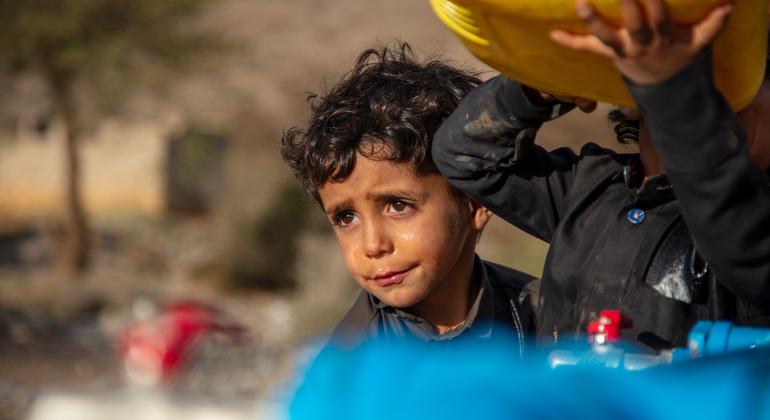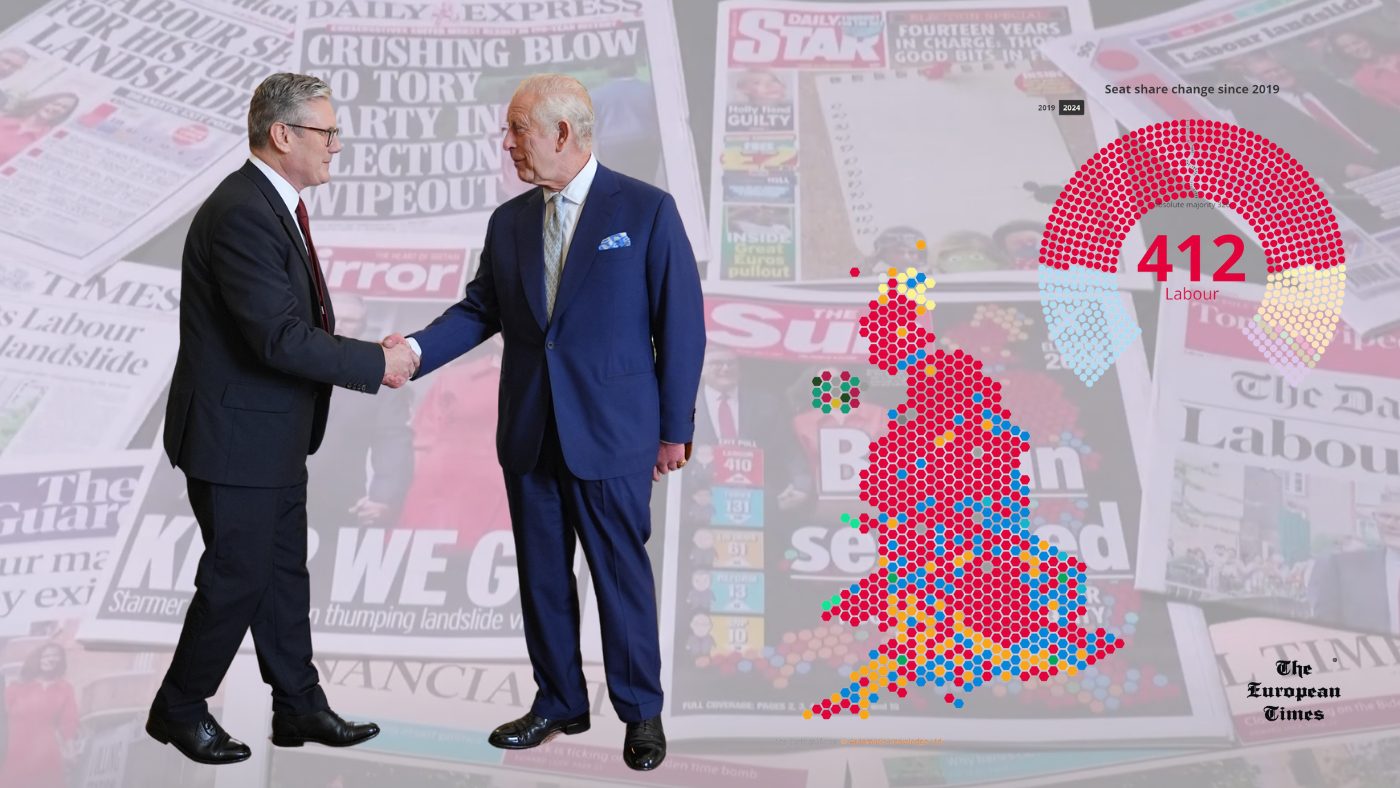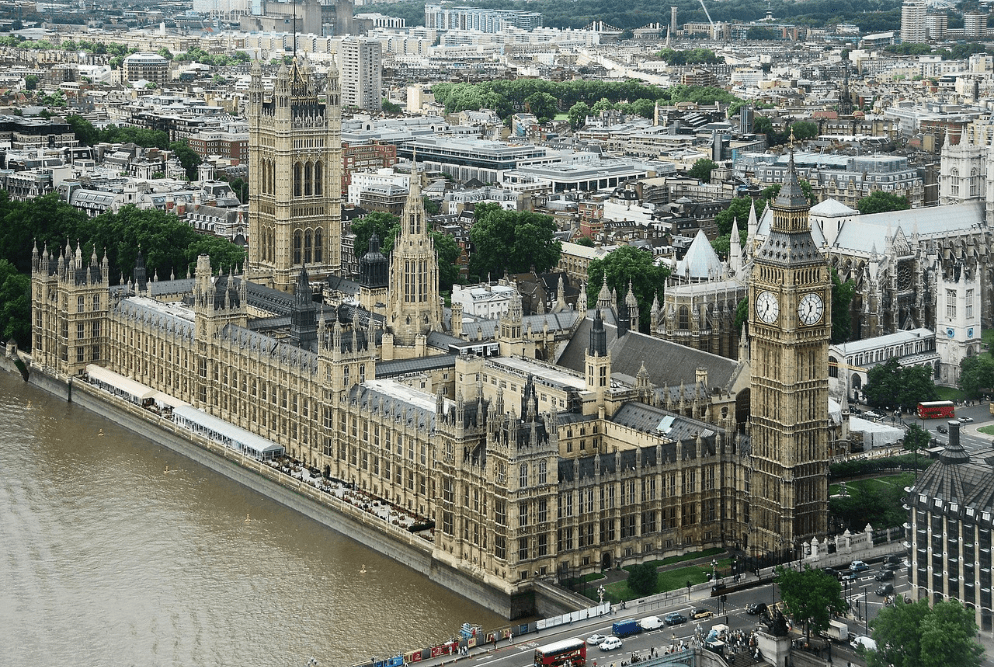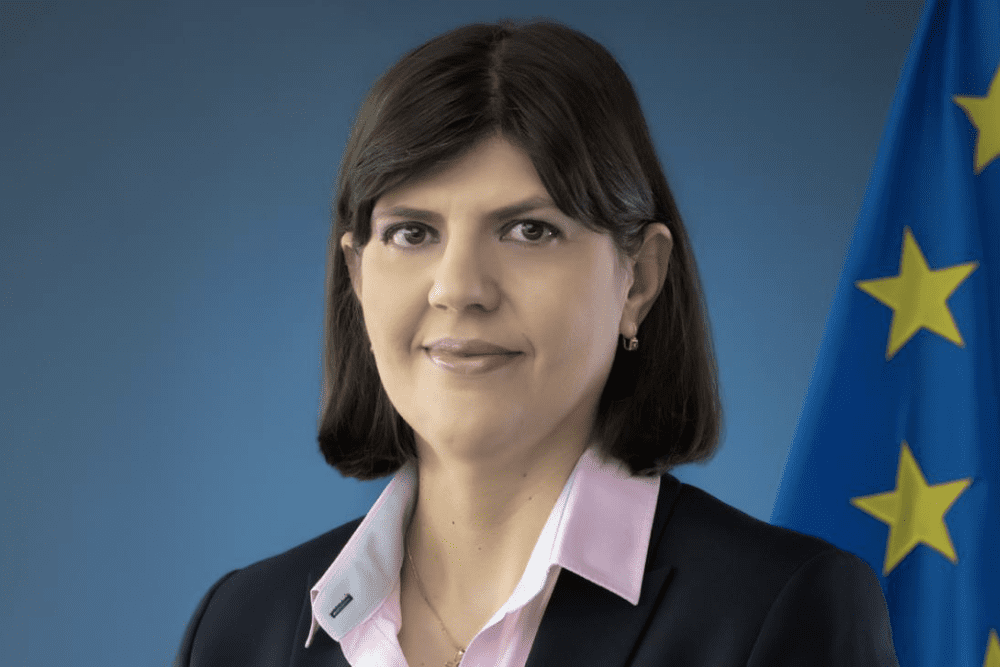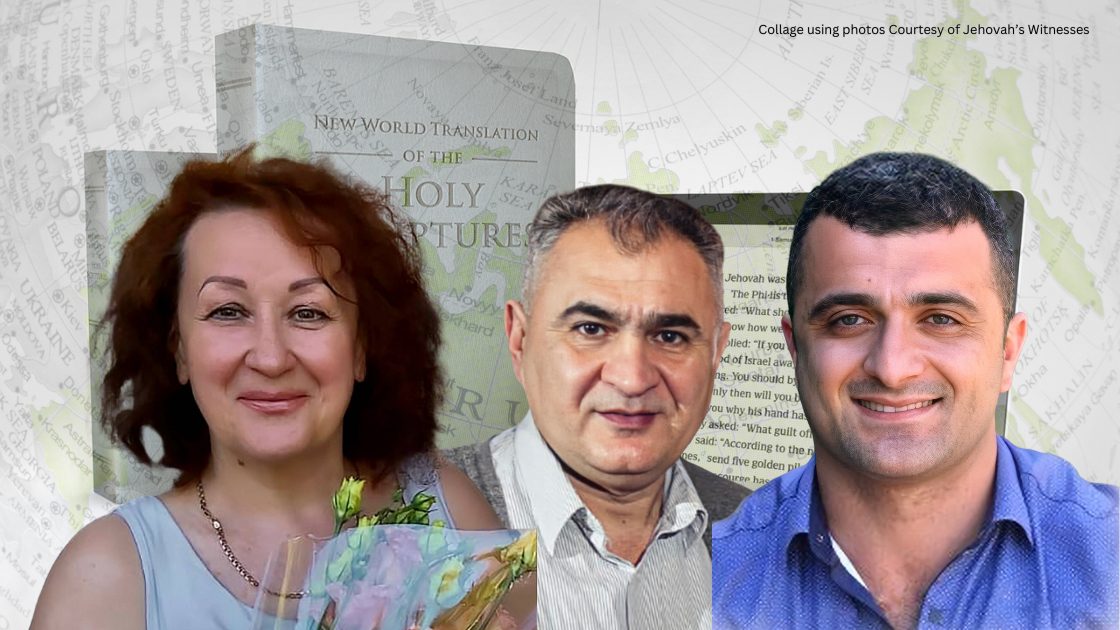Spain secured a spot in the EURO 2024 semi-finals by defeating Germany with a late header from Mikel Merino. The intense quarter-final match was full of excitement and last minute heroics keeping fans on the edge of their seats until the end.
The game started with both teams displaying attacking skills, highlighted by Pedri‘s early shot that tested Neuer. Unfortunately, Pedri had to leave the field due to an injury, allowing Dani Olmo to step in and make an impact.
Throughout the half Spain dominated possession and created scoring chances with Yamal and Olmo getting close to scoring. Germany also showed strength through Havertz‘s header well saved by Unai Simón. The deadlock was broken in the half when Olmo calmly scored a low shot giving Spain the lead and prompting strategic changes, from the German side.
Julian Nagelsmann‘s tactical changes brought a dynamic to the German offense as Niclas Füllkrug and Florian Wirtz posed challenges for the Spanish defense. Füllkrug’s header and Wirtz’s late equalizer heightened the tension of the game pushing it into time with both teams tied at 1-1.
The extra period saw opportunities on both sides with Oyarzabal and Wirtz coming to scoring before the crucial moment unfolded. Merinos powerful header from Olmos cross sparked jubilation among Spanish fans while breaking German hearts. Despite Carvajal‘s red card Spain managed to secure a hard earned victory solidifying their spot in the semi-finals.
Dani Olmo’s outstanding performance earned him the Vivo Player of the Match title, with his goal, assist and defensive contributions playing a role in Spain’s triumph. Post game reactions from coaches and players underscored the intensity and spirit of the match, with Luis de la Fuente commending his team’s determination and Nagelsmann acknowledging Germany’s display despite defeat.
The showdown between Spain and Germany, at EURO 2024 will go down in history as a quarter-final clash that epitomized European football at its finest. The game displayed flashes of brilliance, exciting moments and a strong sense of determination, highlighting the beauty and unpredictability of soccer.




